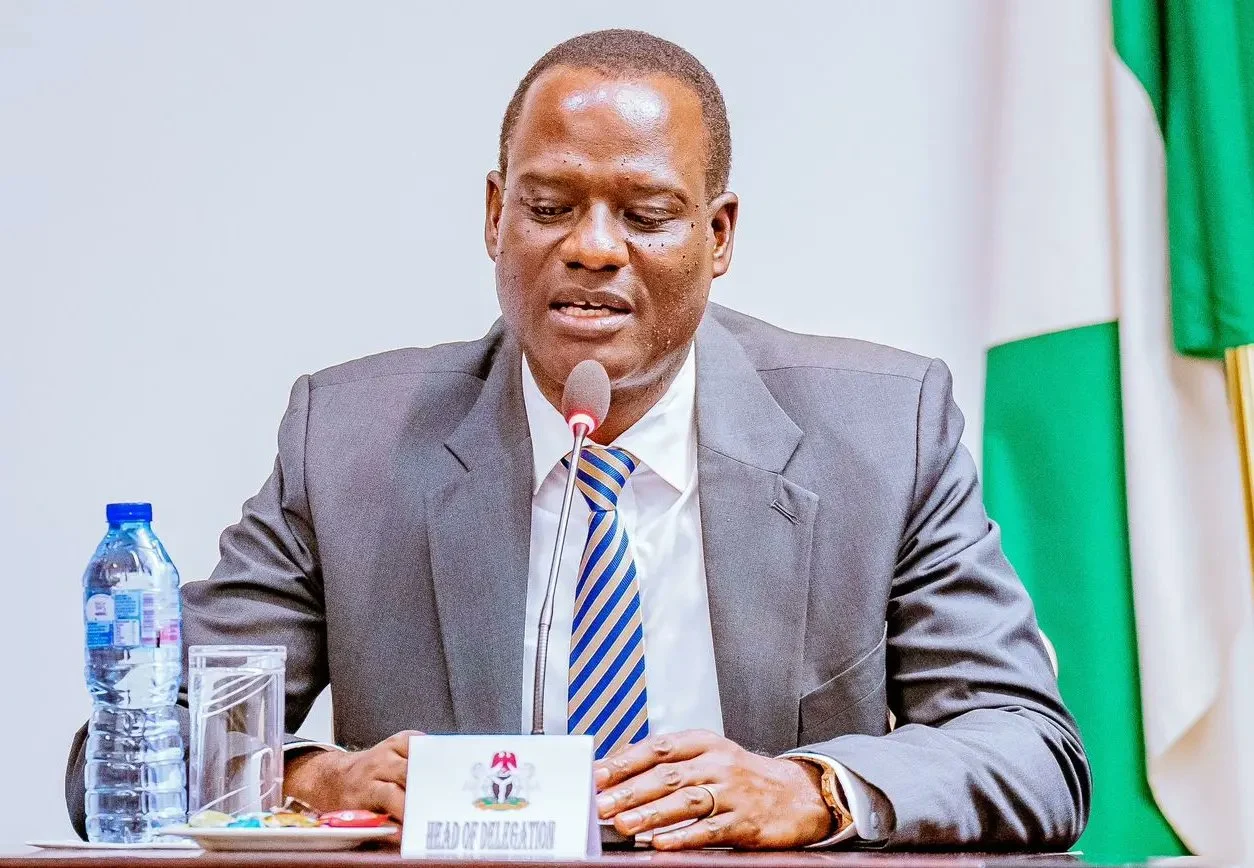
The Chairman of the Presidential Fiscal Policy and Tax Reforms Committee, Taiwo Oyedele, has refuted reports suggesting that foreign investors were frustrated or disappointed with Nigeria’s new Capital Gains Tax (CGT), describing the claims as “misleading and inaccurate.”
In a post on his official X (formerly Twitter) account on Monday, Oyedele said recent media interpretations of his engagement with investors had distorted the facts and misrepresented both his position and participants’ feedback.
He explained that the government’s ongoing fiscal and tax reforms are designed to strengthen non-oil revenue generation, simplify compliance, and eliminate outdated taxes that have long constrained economic growth, particularly in the informal sector which accounts for a large share of Nigeria’s GDP.
Details of the New Capital Gains Tax
The new Capital Gains Tax law, introduced under one of the four reform bills approved by President Bola Tinubu in June, seeks to ensure fair taxation on profits made from share sales above a set threshold.
The policy exempts transactions below ₦150 million and reinvested gains, meaning that only significant, realised profits will attract the 10% levy.
Recent media reports claimed that investors had expressed dissatisfaction with the new law and accused the government of adopting a “socialist” approach during a virtual meeting led by Oyedele.
However, the tax reform chairman dismissed the claims, stating that feedback from the 281 participants across more than 10 countries painted a very different picture.
“Contrary to the narrative of frustration and unease, about 80% of participants rated the engagement 9 or 10 out of 10, with an overall average of 8.6,” Oyedele wrote.
“Many even wished the session had lasted longer, hardly the reaction of frustrated investors.”
“Fair Taxation, Not Socialism”
Oyedele also clarified his remarks about focusing tax collection on the top 3% of earners, saying they were wrongly interpreted as ideological.
“Exempting the poor while taxing the wealthy fairly is not socialism; it is progressive taxation, a principle embedded in virtually every advanced economy,” he explained.
He further argued that having a CGT does not make an economy less competitive, noting that many of the world’s most advanced markets, including the United States, United Kingdom, and South Africa, all apply such taxes while remaining highly attractive to investors.
“Both local and foreign investors benefit from exemptions based on thresholds and reinvestment,” he said.
“Labeling this as a punitive tax on foreign investors is misleading.”
Call for Responsible Reporting
Oyedele cautioned against what he termed “intentional misreporting” by respected media organisations, stressing that such practices could misinform the public and undermine confidence in government policies.
“It is troubling when reputable outlets amplify misinformation. Professional journalism requires diligence, fact-checking, and balance,” he said.
He reaffirmed that his team remains focused on implementing simpler, fairer, and growth-oriented tax reforms aimed at building a more sustainable fiscal future for Nigeria.



